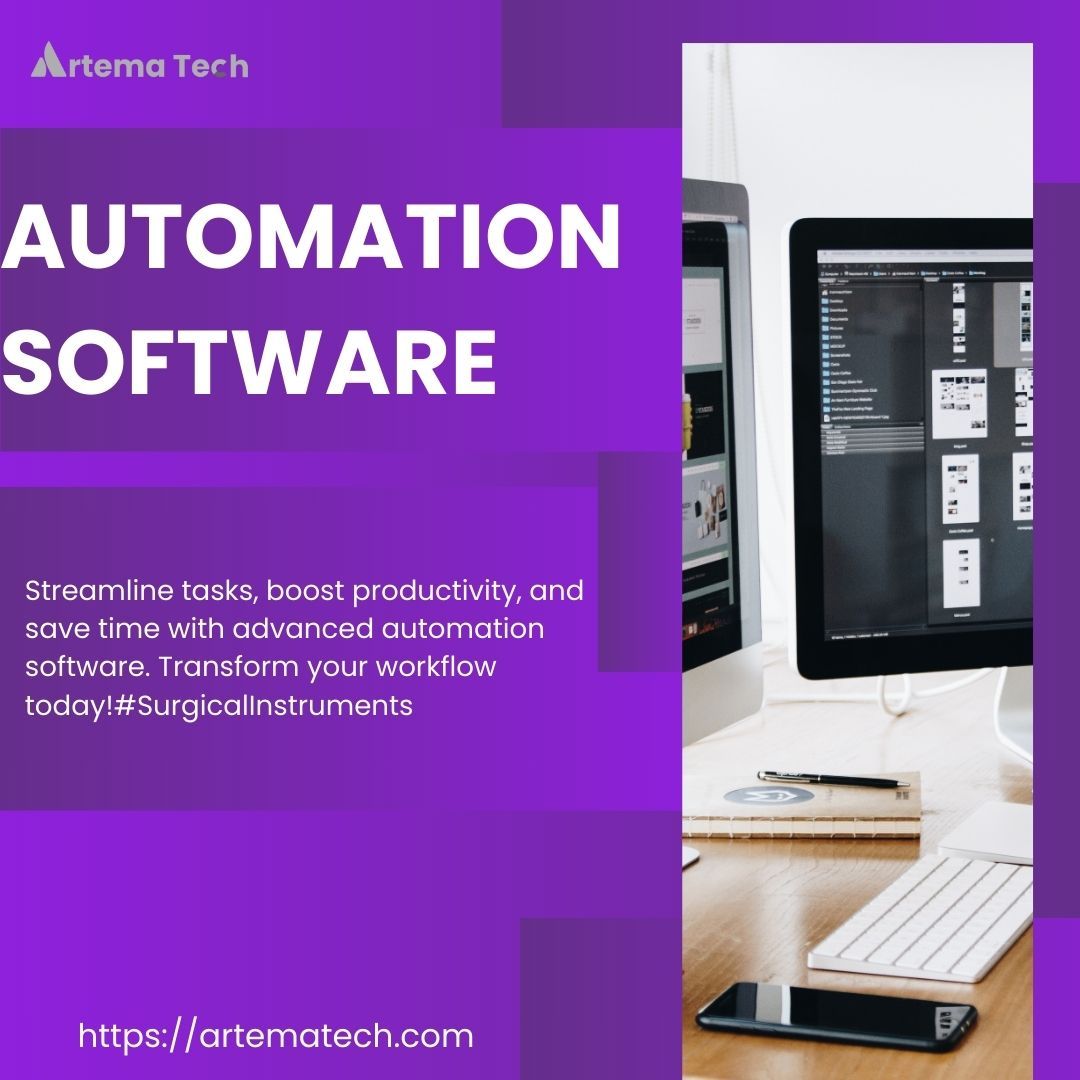
The History of Automation Software
Automation software has a long and fascinating history, evolving from simple mechanical systems to the advanced digital solutions used today. It has played a crucial role in improving efficiency and reducing manual effort in various industries. As businesses continue to embrace automation, understanding its history can provide valuable insights into its development and future trends.
Early Beginnings of Automation
The concept of automation dates back to ancient civilizations. Early societies used mechanical devices to perform repetitive tasks. The Industrial Revolution marked a significant step forward in automation, as machines replaced manual labor in manufacturing processes. During this period, businesses sought ways to increase production efficiency, leading to the invention of automated machinery. These early advancements laid the foundation for modern automation software.
The Rise of Digital Automation
The mid-20th century saw the introduction of digital computers, which revolutionized automation. Businesses started using computers to perform calculations and manage data, reducing the need for manual intervention. The emergence of programming languages allowed developers to create software that could automate complex tasks. This period marked the beginning of automation software as we know it today. Organizations realized the potential of digital automation in streamlining operations and improving accuracy.
The Evolution of Business Automation
As technology advanced, businesses began implementing automation software to handle repetitive tasks. The 1980s and 1990s witnessed a significant rise in business process automation. Companies use software applications to automate payroll, inventory management, and customer relations. The demand for automation grew as businesses sought to increase productivity and reduce operational costs. Marketing automation also gained traction during this time, enabling companies to streamline marketing campaigns and improve customer engagement.
The Role of Marketing Automation
Marketing automation became a crucial aspect of business operations in the early 2000s. Companies started using specialized software to automate marketing processes such as email campaigns, social media management, and customer segmentation. This technology allowed businesses to personalize marketing efforts and improve customer interactions. Marketing automation helped organizations optimize their advertising strategies and increase conversion rates. The development of advanced tools enabled marketers to analyze data and make informed decisions.
The Impact of Cloud Computing on Automation
The introduction of cloud computing transformed automation software. Businesses no longer needed expensive on-premise solutions, as cloud-based automation offered cost-effective and scalable alternatives. Cloud automation allowed companies to access software remotely, improving collaboration and efficiency. Automation developers played a crucial role in designing and implementing cloud-based solutions. This shift made automation more accessible to small and medium-sized businesses, leading to widespread adoption.
The Role of an Automation Developer
Automation developers have been instrumental in advancing automation software. These professionals create and maintain software solutions that streamline business operations. Their expertise in coding and system integration enables businesses to implement customized automation tools. Over time, automation developers have introduced new programming frameworks and technologies to enhance software capabilities. Their contributions have driven innovation and improved efficiency in various industries.
The Emergence of Artificial Intelligence in Automation
Artificial intelligence (AI) has played a major role in the evolution of automation software. AI-powered automation solutions use machine learning algorithms to analyze data and improve decision-making. Businesses leverage AI to enhance customer experiences, automate responses, and optimize processes. The integration of AI in marketing automation has enabled companies to predict consumer behavior and deliver personalized content. AI-driven automation continues to shape the future of business operations.
The Growth of Robotic Process Automation (RPA)
Robotic Process Automation (RPA) has gained popularity in recent years. This technology enables businesses to automate repetitive tasks using software bots. RPA improves accuracy, reduces human error, and enhances efficiency. Companies use RPA to handle data entry, invoice processing, and customer service interactions. The rise of RPA has expanded the scope of automation software, making it a valuable asset for organizations worldwide.
The Integration of Automation Across Industries
Automation software is now used in various industries, including healthcare, finance, retail, and manufacturing. Businesses rely on automation to streamline workflows, manage customer interactions, and optimize supply chains. The adoption of automation has led to increased productivity and reduced operational costs. Companies continue to explore new ways to integrate automation into their operations, driving innovation and efficiency.
The Future of Automation Software
The future of automation software looks promising, with continuous advancements in AI, cloud computing, and RPA. Businesses will continue to adopt intelligent automation solutions to enhance operations. Marketing automation will become more sophisticated, allowing companies to deliver highly personalized experiences. Automation developers will play a key role in shaping the future of automation, creating innovative solutions to meet evolving business needs. As technology continues to progress, automation software will remain a vital tool for businesses worldwide.
Conclusion
The history of automation software showcases its remarkable evolution from simple mechanical systems to advanced digital solutions. Marketing automation has transformed business strategies, while automation developers have contributed to technological innovations. The rise of AI and RPA has further enhanced automation capabilities. As businesses embrace new advancements, automation software will continue to play a crucial role in improving efficiency and driving success.
For more info visit our website Artema Tech.
Appreciate the creator